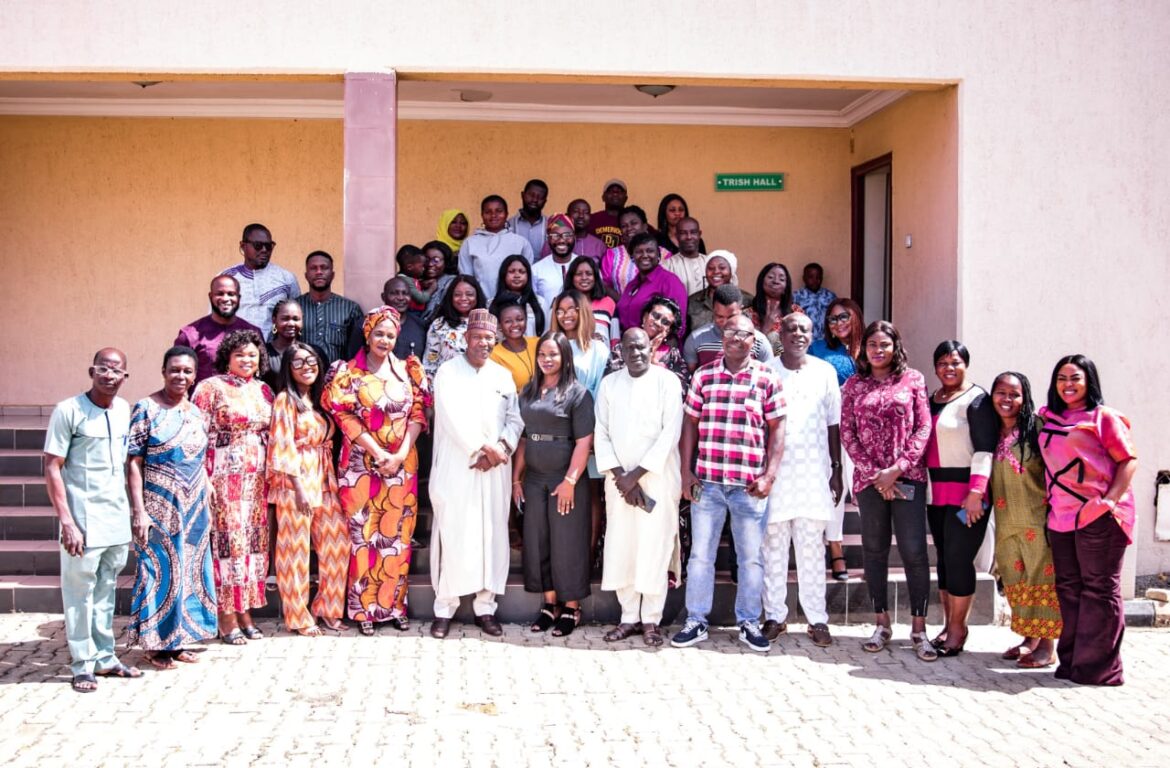By Iyemah David
The Association of Nigerian Health Journalists (ANHEJ), and other stakeholders have called for more funding for family planning and free maternal health services by the incoming political leaders.
They also called for access to contraception among every Nigerian of the reproductive age group for quality population development.
Speaking at the one-day Summit on Thursday in Abuja, the ANHEJ president, Mr Hassan Zaggi, said that globally, illnesses and deaths from poor reproductive health account for one-fifth of the global burden of disease, and nearly one-third for all women.
The summit is supported by the Partnership for Advocacy In Child and Family Health at Scale (PACFaH@scale), anchored by the Development Research and Projects Centre (dRPC).
The theme of the event was “Re-echoing Voices for Family Planning Funding and need to make Maternal Health Services Free by incoming Political Leaders.”
Zaggi explained that the country has one of the world’s highest maternal mortality rates of 545 per 100,000 live births, quoting Nigeria Demographic and Health Survey (NDHS), 2008.
“Family planning is regarded as an essential component of reproductive health. It is key to Safe Motherhood, contributing to a 44 per cent reduction in maternal deaths.
“It, therefore, contributes enormously to the achievement of the Millennium Development Goals (MDGs), especially about reduction of maternal and newborn morbidity and mortality,” he said.
The ANHEJ President said that Family Planning is very crucial if the targets of the Health-for-All Policy for the 21st century in the Africa Region were to be met.
He said that despite the escalating overpopulation leading to increased maternal deaths insecurity and poverty, the country is yet to accord the desired funding for a sustainable population.
“In a situation where the current proposed budget is less than N6,000 per Nigerian, it is a very low investment for Nigeria,” he explained.
Dr Stanley Ukpai, Director of Programmes at the PACFaH@scale, stressed that the Family Planning blueprint would expire in 2023, noting that there is a need for journalists to write about the blueprint.
According to Ukpai, the goal of a 27 per cent contraceptive rate has not been achieved in the country and there is a need for journalists to take note and write about it.
He said that implementing the mid-term development plan would help in developing the health system of the country.
“As health journalists, there is a need to write about health system strengthening, this is very critical to national development,” he said.
He said that the adoption and inclusive implementation by the national and sub-national level Governments, of Nigeria’s Family Planning Blueprint, FP2030 Commitment as well as other critical family planning documents equally form part of the solutions to the challenges facing the national family planning programme.
He said that looking at Family Planning Budget amounting to N2.8 billion for 2021 and 2022, there has not been any released.
He said that the country’s health indicators show very high mortality rates among women and children.
“The Health Sector is still facing a lot of challenges. First, at the Primary Health Care (PHC), a level where millions of Nigerians reside in the country has over 30,000 PHC Centres.
“Sadly, less than 5,000 are functional. Secondly, low budgeting allocation is evident over the years hovering around five per cent far below the Abuja Declaration of 15 per cent of the National Budget.
Thus, he said that advocates find it difficult raising voices for more funding because of the non-released
He, however, said that all these factors were hindering the country’s attainment towards UHC.




